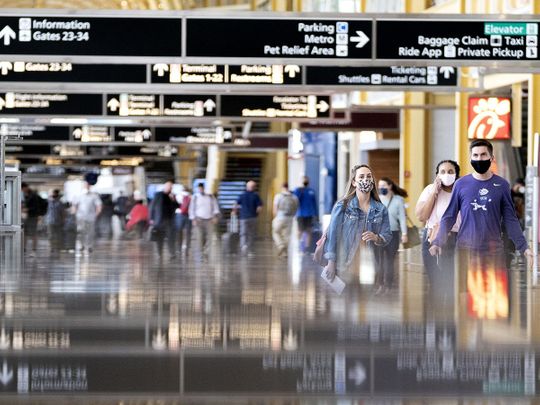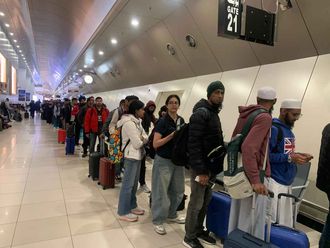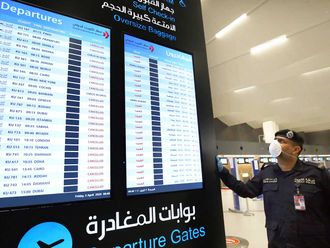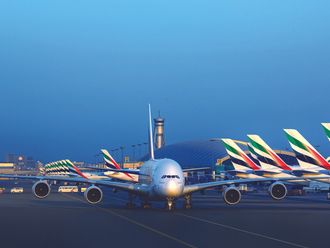
Dubai: The recent surge in oil prices may reflect in flight ticket prices sooner than expected, according to the International Air Transport Association (IATA).
“Typically, we would have said that an increasing oil price takes about six months to find its way through into ticket pricing, but given the very rapid increase that we have seen, I think it’s likely to be reflected in ticket pricing a lot earlier,” said Willie Walsh, IATA’s Director General, during a media briefing.
This is also because “advance sales are at a much lower volume now than they would traditionally be”, he added.
Due to the Russia-Ukraine conflict, oil prices briefly crossed the $130 barrel mark last month. Brent crude is currently trading at $107, up 78 per cent from levels seen last year.
“The higher price is a challenge, but I don’t see it as being a challenge that the industry will not be able to face given the sort of challenges we faced in the past,” said Walsh. “Airlines know what they need to do and will respond quickly to the challenges.”
Read more
- UAE-India travel: After Emirates, Go First announces more flights on the route
- Etihad sharply cuts 2021 losses as cargo revenue soars
- Emirates airline launches ‘check-in ports’ at Dubai’s Terminal 3 to reduce waiting time during peak hours
- Emirates to restart flights, ramp up operations as restrictions ease worldwide
- With restrictions on 90% of its network, Etihad’s 'Verified To Fly' is here to stay
- Etihad Airways' brand new Airbus A350-1000 mixes extreme comfort with sustainability goals
- India-UAE travel: PCR tests scrapped for fully vaccinated passengers, says Air India
Staff shortages
Travel disruption has continued to hit UK airports as more than 100 flights have been cancelled. Airlines are dealing with rising COVID-19 cases and severe staff shortages as passenger numbers soar.
“The challenge that the industry faces is bringing back frontline staff where they will require background security checks - it takes time,” said Walsh. “In most cases, (airlines) actually can’t even start training these people until they’ve got their security clearance.”
No impact
IATA said the Russia-Ukraine conflict, which has forced airlines to fly longer routes, is not having a “massive” impact on carriers.
“The reaction that we have seen in response to the war is obviously concentrated in the countries concerned and the neighboring countries there,” said Marie Thomsen, IATA’s Chief Economist. “And it so happens that, that region is not a major part of the global aviation system,” said Thomsen.
“We’re seeing other interesting consequences. Cargo, for instance, is being diverted as it cannot fly over those countries, and that seems to be benefiting the Middle East, said Thomsen. “The dominant driver of the developments in our industry is still COVID related.”
Traffic surge
Total passenger traffic in February 2022 - measured in revenue passenger kilometers or RPKs - was up 115.9 per cent compared to February 2021. That is an improvement from January 2022, which was up 83.1 per cent compared to January 2021. Compared to February 2019, however, traffic was down 45.5 per cent.
The February 2022 domestic traffic was up 60.7 per cent compared to the year-ago period, building on a 42.6 per cent increase in January 2022 compared to January 2021.
Middle Eastern airlines’ traffic rose 215.3 per cent in February compared to February 2021, well up compared to the 145 per cent increase in January 2022, versus the same month in 2021. February capacity rose 89.5 per cent versus the year-ago period, and load factor climbed 25.8 percentage points to 64.7 per cent.











